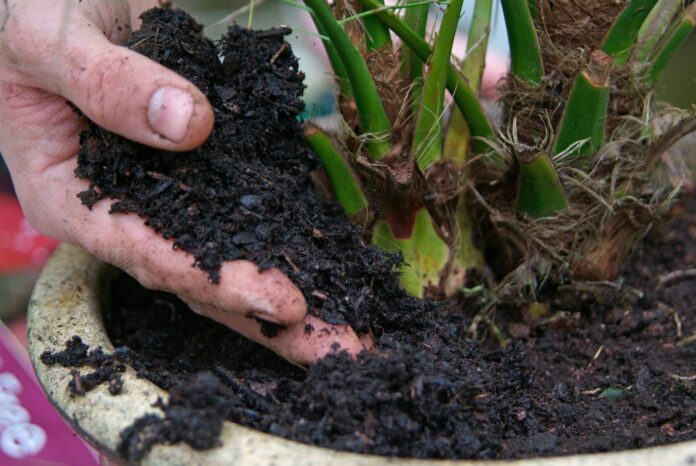Two thirds of gardeners (67%) do not compost on their plot with younger gardeners more inclined than older age groups to start, the RHS has found, as it calls on the UK’s 30 million gardeners to compost and aid the transition to peat-free.
The charity surveyed online more than 2,000 gardeners as part of its Planet Friendly Gardening Campaign and found that while the proportion that compost generally increased by age so too did resistance to starting.1
Although gardeners over 55 (41%) composted more than any other age group, those that didn’t were also far less likely to be inspired to start. Two fifths (45%) of over 55s said nothing would encourage them to start compared with just 20% of 18-24 year olds and 22% of 25-34 year olds.
Among all ages, a third (36%) of those who don’t currently compost said subsidised or free compost bins from local councils would get them composting, followed by training and online tutorials (17%) and a clearer understanding of the environmental benefits (10%).
Composting has long been considered an integral part of gardening; recycling household and garden waste, serving as an important soil improver for strong and healthy plants, and providing important habitat and nutrition for wildlife and healthy plants. Composting helps tackle the climate and biodiversity crises and speeds the transition to peat-free by generating sustainable raw materials, freeing up peat alternatives for industry to be able to grow peat-free.
The rise of new tools and techniques has helped make composting more popular such as hot composting – whereby decomposition of added material is sped up – and Bokashi – a traditional form of fermenting kitchen waste – as well as a desire to become more sustainable.
For the first time this year the RHS has introduced courses on Bokashi and wormeries at its gardens and updates to its professional qualifications syllabus will see gardeners comprehensively trained in the importance of on-site composting and good management. RHS Retail has also tripled its compost product range in the face of growing demand with sales up 600% as a result.
Composting, in its simplest form, requires a heap, hole or bucket of 60% brown waste (cardboard, paper, straw, twigs) and 40% green waste (grass clippings, leaves and vegetable or fruit leftovers), preferably layered for aeration, kept slightly moist and turned irregularly.
The average amount of compost produced by those reported to compost is 280 litres, enough to be added to and improve the soil structure of five square metres of garden.
Professor Alistair Griffiths, Director of Science and Collections at the RHS, said: “Composting is to gardening what butter is to bread, offering a free, easy and sustainable alternative to shop bought soil improvers. Composting is one of a handful of small changes gardeners can make on their plots to help accelerate the UKs transition to peat free and for people to make a positive difference to the environment and the health of their plants and planet. Preparing a space this Easter weekend for your compost store is a potentially less glamorous but all important task.”
For more on the RHS Planet Friendly Gardening Campaign and composting advice visit: https://www.rhs.org.uk/gardening-for-the-environment/









